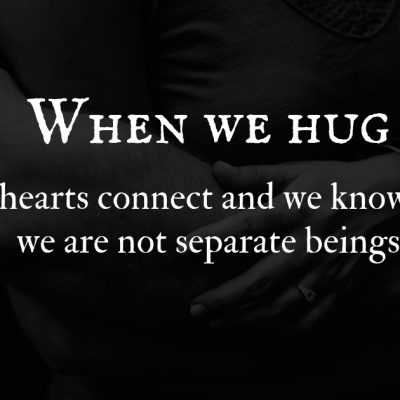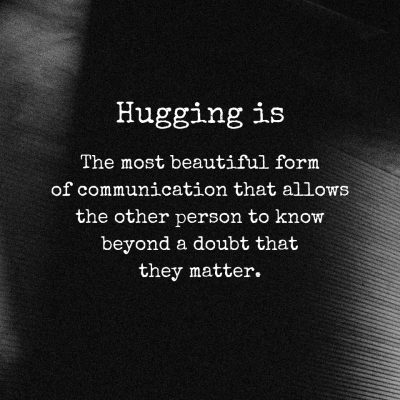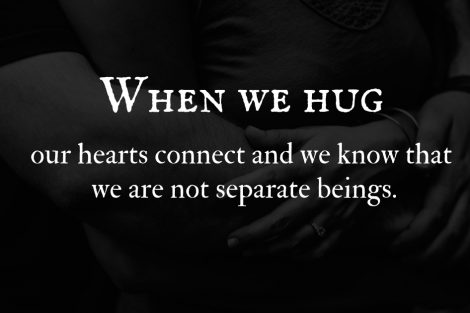Money is the devil’s eye, they say. But is it true? How does wealth impact our behavior? Psychology weighs in.

Research published in Psychological Science claims that considerable wealth is incompatible with empathy and compassion.
“Lower-class environments are much different from upper-class environments. Lower-class individuals have to respond chronically to a number of vulnerabilities and social threats. You really need to depend on others so they will tell you if a social threat or opportunity is coming, and that makes you more perceptive of emotions”, said co-author of the study, Michael Kraus.
MORE: The Surprising Gift Of Introspection
Wealth does not only impact our emotional intelligence, but also our moral judgement. Studies have shown that the greater the wealth, the more people feel morally entitled to mistreat others.

The pursuit of wealth is believed to be related to addiction, because it is a compulsive behavior.
MORE: In Rare Interview, Macaulay Culkin Opens Up About Childhood Fame (Riddled With Twists And Turns)
“An obsessive relationship with money can kick start the release of brain/body chemicals, like dopamine, that actually produce a “high” that’s similar to the chemical high of a drug”, observed psychologist Dr. Tian Dayton.
And like any other addiction, the obsession with money really doesn’t make any sense. Unless you are poor and then it’s normal to be concerned with your own survival.
MORE: 4 Reasons Why Highly Intelligent People Are Often Unhappy
We all know that money doesn’t buy happiness or love. Studies show exactly that: once our basic needs are covered, wealth has no impact on our well-being. And one of the reason is that materialistic values are incompatible with building strong and genuine relationships, which do bring happiness.
Keep things in perspective! Please, share this!










